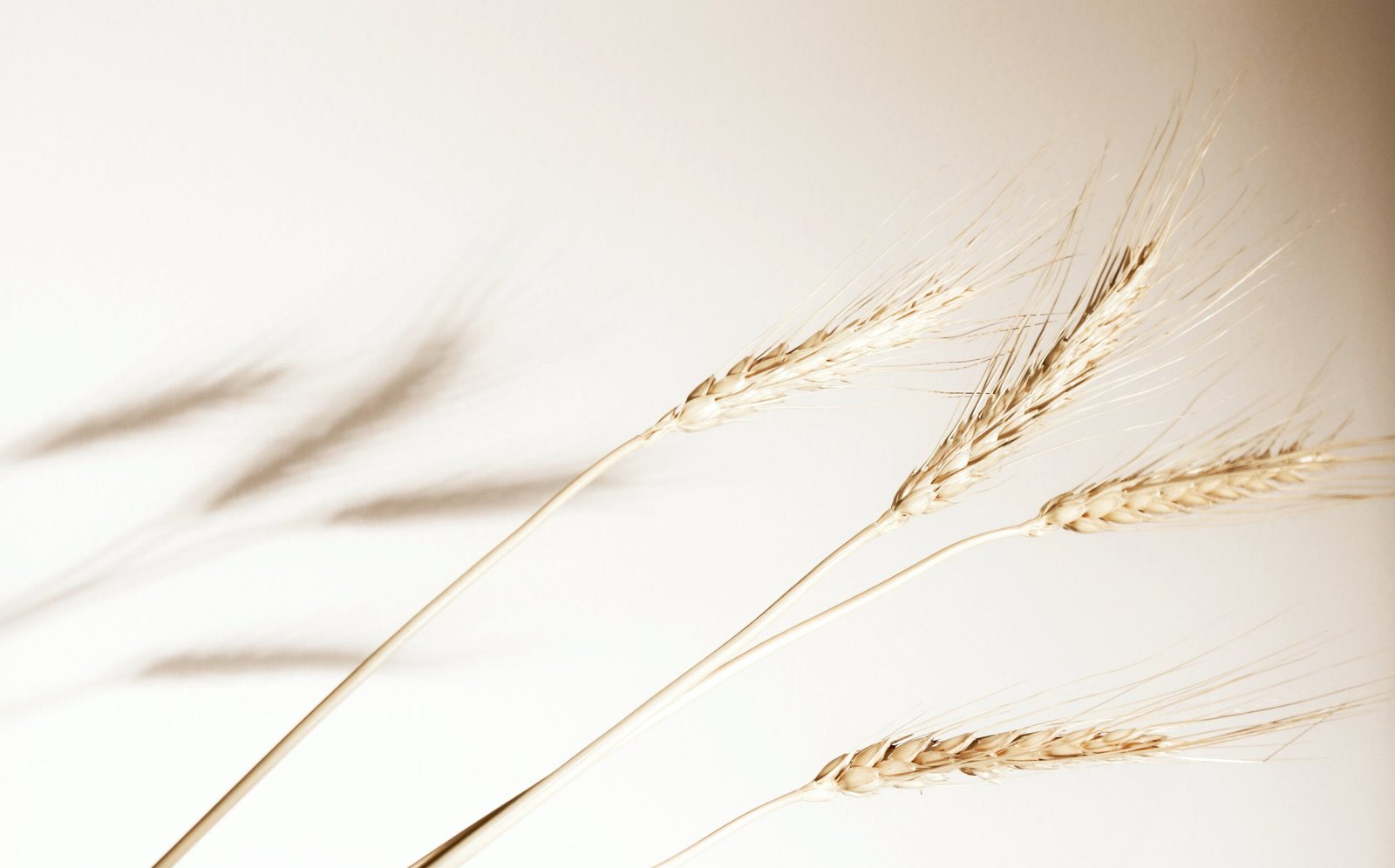One of the best ways to care for the skin is also the simplest: eat well. There are many correlations between our skin condition and what we put in our body, so diet plays a huge role! For example, gluten can be found in breads or wheat-based foods like pasta or cereal; but does eating it have any negative effects? Let’s explore this further.
In case you weren’t already aware, gluten is a certain group of proteins found in cereals and grains which doesn’t actually hold any nutritional value on its own. You may have heard of Celiac disease, an intolerance to gluten that can cause people to suffer from severe allergic reactions when they consume anything with the protein. This condition varies depending on severity, but many people are living with milder versions without even realizing it!
Modernized farming has been causing a lot of damage to our bodies, since farmers are incentivized to grow species of wheat with naturally higher gluten content. When too much gluten makes its way into the gut, all sorts of issues can happen. When an excessive amount of gluten enters your intestines, it can cause some serious complications like damage on how you process nutrients and eliminate toxins from your body, as well as affect any skin issues you might be dealing with now, like acne!
When a high amount of gluten that has made its way into the digestive system, a chain reaction is triggered where some proteins cross over the intestinal barrier causing an inflammatory response, which results in damage on both sides of our intestinal lining. This may lead to symptoms such as leaky gut syndrome and other inflammation-associated conditions.
Eating gluten can lead to a range of side effects that may not be immediately apparent, including chronic stomach pain and constipation. Even if you don’t have an extreme reaction every time you eat gluten, it could still damage your gut over the long-term by preventing nutrients from being absorbed properly in your body when they should be.
When your nutrients are not being absorbed properly from food, many bodily processes can work less optimally. It is essential to realize that your skin is an organ just like you stomach or lungs and requires enrichment in order to function at its best. When the gut becomes damaged or isn’t receiving the correct amounts of nutrients, you may start to experience problems with the skin.
You might not realize this, but the skin is trying to tell you something when it has acne. When your skin isn’t properly nourished, it can try to create balance by secreting additional oils onto the surface of your skin, which can trigger inflammatory acne, along with other similar issues like blackheads and excessive oiliness.
Not only that, but when your gut lining is irritated and inflamed from the damage caused by gluten, then any unwanted bacteria will be able to enter into the bloodstream. This causes an inflammatory response in the skin leading to breakouts.
It is estimated that 75% of people who are sensitive to gluten also experience inflammation in their skin. That means, if you have been noticing breakouts lately, it may be a result from something other than your stress levels.
Consuming too much gluten can undeniably cause skin problems for some, but it’s not going to affect everyone. It does have the potential to make existing acne worse, so if you want to prevent this from happening, then swap out your grains with gluten-free alternatives that we talk about in this article.

Leave a Reply